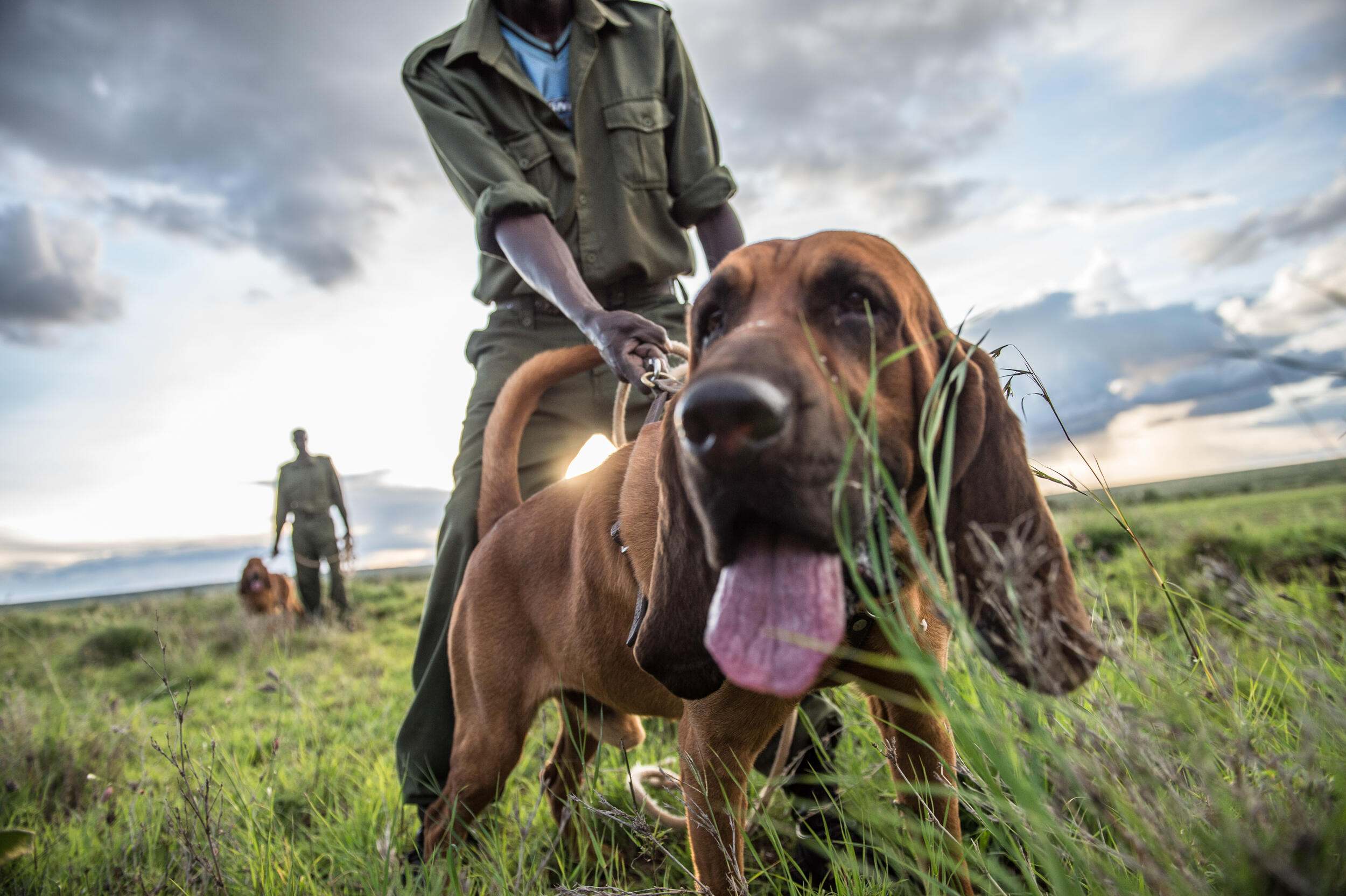The illegal trade in wildlife threatens the survival of individual species, removes resources from vulnerable peoples, and undermines the rule of law of nation-states. Current approaches to counter wildlife trafficking rely heavily on traditional law enforcement deterrence strategies that focus on punishing offenders. Despite this favored approach, there is limited evidence assessing the effectiveness of such strategies with metrics commonly related to rates of arrest or convictions rather than the actual effectiveness of these in reducing wildlife crime.
OUR APPROACH: The study of wildlife trafficking has traditionally been undertaken by conservation scientists, ecologists, and natural resource managers concerned with impacts on conservation. Social scientists have also begun to examine wildlife crime through a social lens. These disparate specialist fields rarely work together, resulting in an absence of context.
This working group brings together conservation scientists, social scientists, crime scientists, and practitioners from both government, inter-government, and non-government organizations for the assessment of wildlife trafficking case studies. The group will apply a mixed-methods approach to systematically review available empirical research and relevant materials. Applying a multi-disciplinary lens will add significant value to the assessment process in determining the potential for different deterrence strategies in stemming wildlife trafficking.

- Use findings and results of data analysis to create lessons and recommendations to inform counter-wildlife trafficking practitioners.
- Increase the number of collaborations between practitioners (Government and NGO) and criminologists that are applying crime science and criminology methods on the development and monitoring of counter wildlife trafficking strategies and interventions.
- Disseminate findings and lessons learned through the creation of an interactive website for practitioners and the development of a special topics course at John Jay College through the International Crime and Justice Master of Arts Program.
John Jay College of Criminal Justice, City University of New York
Wildlife Conservation Society
John Jay College of Criminal Justice
Brazil Federal Police
University of Cambridge
John Jay College of Criminal Justice
Hanoi Procuratorate University
Wildlife Justice Commission
Lead Ranger
Panthera
Florida International University
Fauna and Flora International
Wildlife Conservation Society
Griffith University
Fauna and Flora International
Tanzanian Government